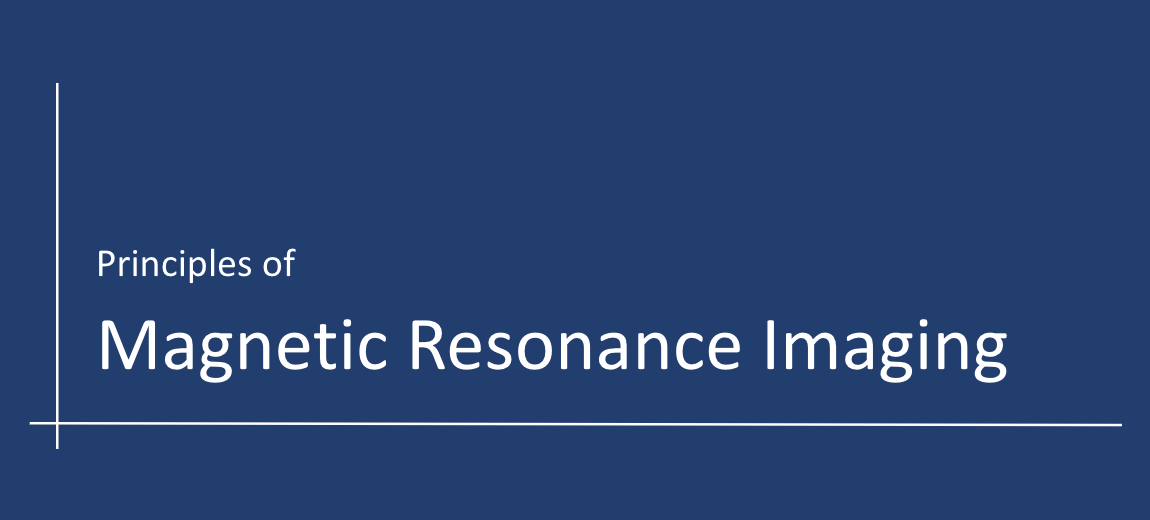Course Description
Magnetic resonance (MR) is a safe and flexible medical imaging modality that uses only magnetic fields. It is well-described and analyzed using signals and systems concepts, particularly the Fourier transform. This course covers the fundamentals of MR imaging, emphasizing a signal processing perspective. Topics include the physics of MR, data acquisition and image formation, effects of system imperfections on image quality, image contrast, and noise considerations. Additional topics include extensions such as volumetric imaging, fast imaging, flow & diffusion imaging and quantitative imaging. Pre- or Corequisite: EE261 or equivalent.
Course Objectives
In-depth analysis of MRI. What are the basic physics? How does one form an image and control its contrast? What are the main sources of distortions, artifacts, and noise?
How is this technology used in clinical practice? What are some trends and areas of future study?
Multidimensional signals and systems concepts. In-depth understanding of Fourier transforms. General thinking skills.
Course Outline
MR Physics - polarization, precession, excitation, relaxation, Bloch equation
MR Signal Equation - derivation, Fourier-space interpretation
2D Imaging Methods - projection-reconstruction method, Fourier transform method, sampling considerations, parallel/sparse imaging
RF Excitation - nonselective and selective excitation, Fourier-space interpretation
Imaging Considerations - system imperfections, image contrast, noise
Extensions - volumetric imaging, fast imaging, flow and diffusion imaging, quantitative imaging
MRI tabletop lab - programming and acquiring data on a small MRI tabletop system.
Course Structure
Lectures will be on Wednesday and Friday 3:00-4:20 pm in McCullough 126
Sections will be on Tuesdays 3:00-4:20 pm in Main Quad 200-303 (Lane History Corner)
We will use both this website and Canvas to post course materials. Homework solutions will be available only on Canvas.
Grading
Homework 25% Due Wednesday at 12pm (midday). Submit pdf (e.g., scanned version) via Gradescope. Includes some Python-based problems.
Take Home Midterm 15%
Weekend of May 4th
MRI Lab 20%
Week of May 20th
Final Exam 40% Final Week, exact date & time TBD
Materials
Textbook: D. Nishimura, Principles of Magnetic Resonance Imaging, lulu link
Copies have been special ordered and will be sold in class to registered students.
Software: Python
Staff
Kawin Setsompop - Instructor
Room: Packard 365
Cell: (617) 669-6640
Email: kawins@stanford.edu
Office Hours: walk-in Friday 1-3pm
John Pauly - Instructor
Room: Packard 358
Cell: (650) 723-4569
Email: pauly@stanford.edu
Daniel Abraham - CA
Room: Packard 351
Cell: (818) 324-5561
Email: abrahamd@stanford.edu
Sections: Tuesdays 3-4:20pm Main Quad 200-303 (Lane History Corner)
Office Hours: Wednesday 1-3pm Packard 351
